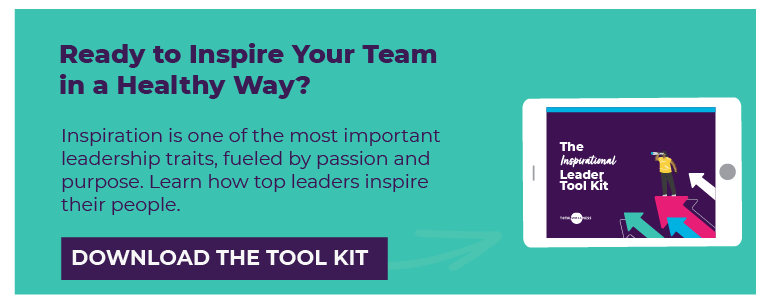How good are you at mindful listening?
As a leader, are you listening to your employees' needs — like really listening?
If not, you may be finding yourself on the other end of resentment, receiving lazy work, and even employees who are looking at quitting. With so many distractions in our lives, it’s easy to try to multitask while talking to someone. That’s where mindful listening comes into play.
This post will cover what mindful listening is, the benefits of using it in the workplace, and tips for how to practice it.
What Exactly is Mindful Listening?
Mindful listening is when you give your full and undivided attention to someone who is speaking to you. This deep style of listening means you’re doing your best to ensure you are understanding what is being said to you. It’s an opportunity to listen and reflect back on the points made during the conversation.
Benefits of Mindful Listening
There’s a laundry list of reasons why it’s important to listen when being spoken to directly. For managers and leaders, it’s essential to practice mindful listening as a way of gaining the respect of your employees.
If your employees feel they are listened to by leaders, they’re more likely to come forth with problems, solutions, creative ideas, and more. But if they feel like it’s going in one ear and out the other, they’re less likely to come to you and share their insights. Modeling this type of listening will also rub off on your workers.
Other benefits include:
- Less frustration
- More empathy
- Deeper connections
- Avoiding reactive conflict
This practice can be difficult at first, especially if you’re prone to interrupting with questions or offering advice. By allowing others to finish their thoughts, you give them a chance to fully share what they need to and hopefully allow them to get their thoughts across.
Tips on Practicing Mindful Listening
It can take some practice to listen without interruption. To show you’re listening, it’s helpful to nod, smile, make eye contact, and encourage the person to continue speaking. Listening is one of the most important soft skills that employees and employers alike can practice daily.
A few tips on practicing mindful listening:
- Stop - Whatever you’re doing, make it a point to stop and fully put your attention on the speaker. This shows you are ready to engage in conversation.
- Take a breather - Whether you’re having a positive or negative conversation, take a breath. This gives you a moment to regain your thoughts and take a moment during the conversation.
- Make eye contact - Eye contact shows that you’re listening and interested in what someone has to say. Maintain it throughout your conversation as much as possible.
- Be patient - It can be hard not to interrupt if you have a pressing question or point to ask. See if you can hold your question until they’re done speaking or write down the question if it will distract you from actively listening.
- Turn your body toward the speaker - Body language is everything in conversations with others. Show respect by stepping away from your computer, phone, or any other distraction and turn your body toward whoever is speaking.
- Remove distractions - That might mean taking out earbuds or headphones or putting a phone on silent.
- Ask strategic and thoughtful questions - Open-ended questions — ones that don’t just have a yes or no answer — are a great way to show the speaker you are interested and engaged in what they’re saying.
- Reflect back - Want to make sure you really understand what’s being said? Repeat back what you heard. This can sound like, “So what I hear you saying is…” or “Do I have this right, you feel…”
In our distracting world, it’s easy to feel as though you can’t sustain listening to long-winded monologues. The above tips can help with that feeling when your thoughts are competing for attention. Listening actively takes effort, but it can be done and improve your relationships with colleagues along the way.
Create Better Conversations By Listening Well
It may seem like a silly, elementary skill, but it’s amazing how often we don’t take pause and actually listen to what others are saying.
When practicing mindful listening, you’ll find it helps you stay in the present moment without being distracted by a buzzing phone, a dinging message, or someone else’s background conversation.
By using the tips above, you’re training your brain to hit mute on the world for a moment. This can help you as a leader to have more meaningful, deep conversations. You’ll learn more empathy as well by taking the time to master this interpersonal skill.
In time, you’ll find that this practice will take less patience and willpower. It will come more naturally with each conversation you apply these skills to each and every day.
Love the idea of mindful listening? Then you’d probably love mindfulness practices, too. Click here to tap into the power of mindfulness in the workplace.



